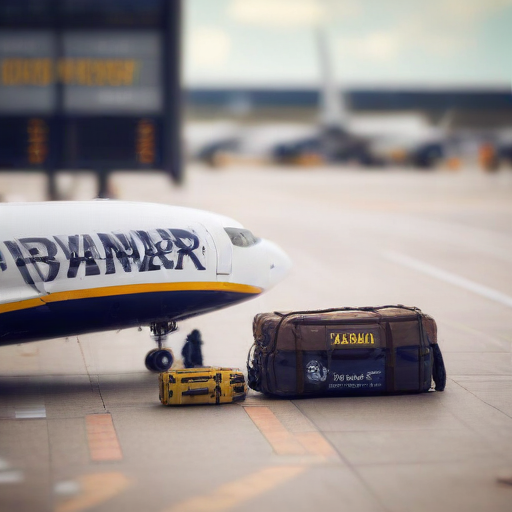Ryanair has expressed disappointment regarding its recent business performance, which has also affected investor confidence, leading to a 17% decline in the airline’s stock price. The Irish budget airline reported quarterly earnings that fell short of expectations, with revenue remaining steady at €3.6 billion ($4 billion) compared to last year. However, profits plummeted nearly 50% to €336 million. CEO Michael O’Leary pointed out that while passenger numbers increased by 10% to 55 million, the airline is facing challenges in maintaining profitability, stating, “Traffic growth is strong, but it’s only strong at a price.”
O’Leary noted that the airline has been forced to continuously stimulate fares and bookings, with disappointing close-in fares leading into the peak summer months. Additionally, Ryanair is contending with rising labor costs and ongoing delivery delays from Boeing. The airline chief has not shied away from criticizing Boeing, expressing frustration over the manufacturer’s ongoing issues.
Compounding these challenges, O’Leary indicated that Ryanair’s customers are feeling the pinch of ongoing inflation and economic stagnation within the European Union, which may impact future travel demand. However, he suggested that operating fewer aircraft could have its advantages given the expected pressures on consumers in the near future. He emphasized, “We will have less capacity in summer 2025 than we are originally scheduled to have with our Boeing delivery, and then we’re into two years of essentially no capacity growth at all,” implying that this could position Ryanair favorably as market conditions evolve.
In summary, while Ryanair is navigating a complex landscape of increased operational costs and shifting consumer demand, there remains a silver lining in the potential for reduced capacity to align with the anticipated trend of consumer pressure. This cautious flexibility may ultimately stabilize the airline’s performance as economic conditions change.
The evolution of the airline industry post-COVID presents inherent challenges, but with the right adjustments and a focus on prudent capacity management, Ryanair may emerge stronger in a transformed market landscape.
